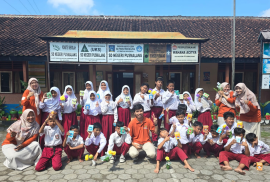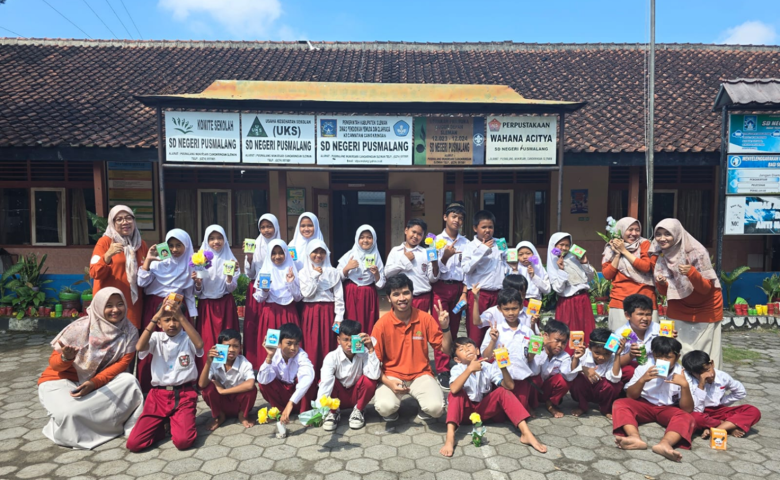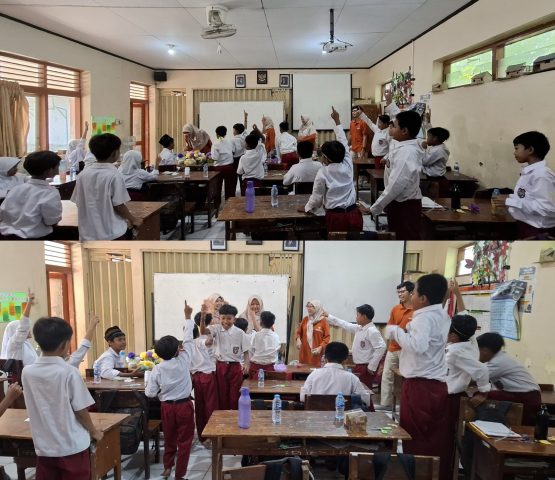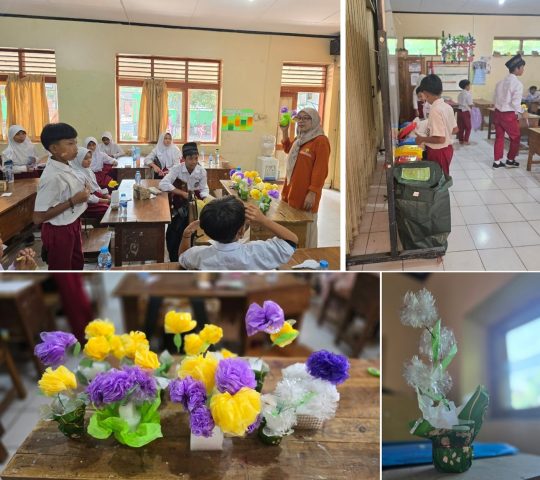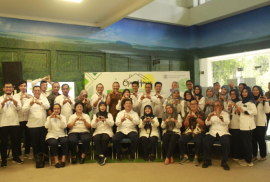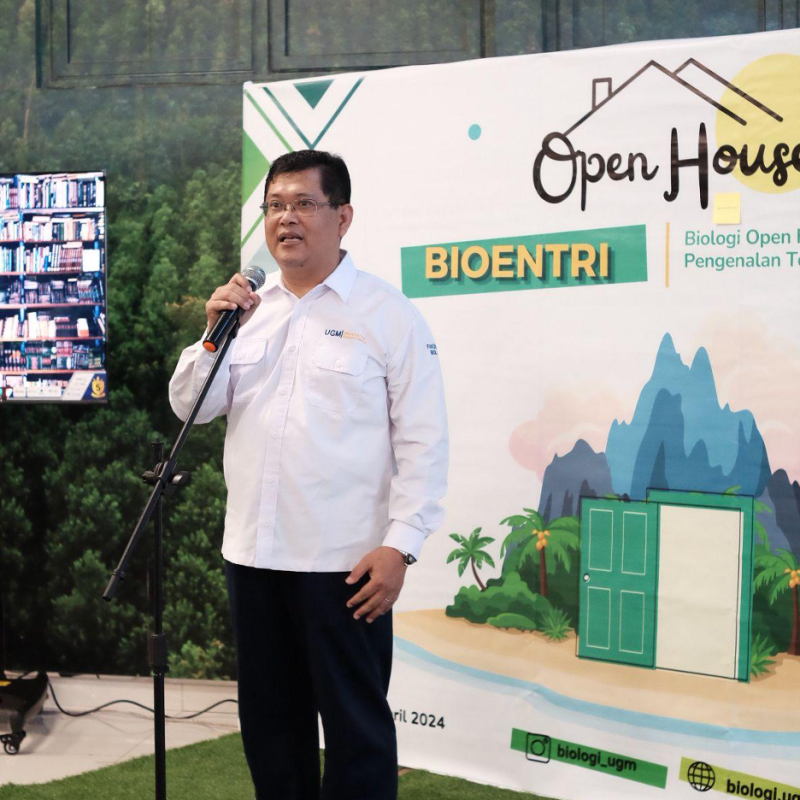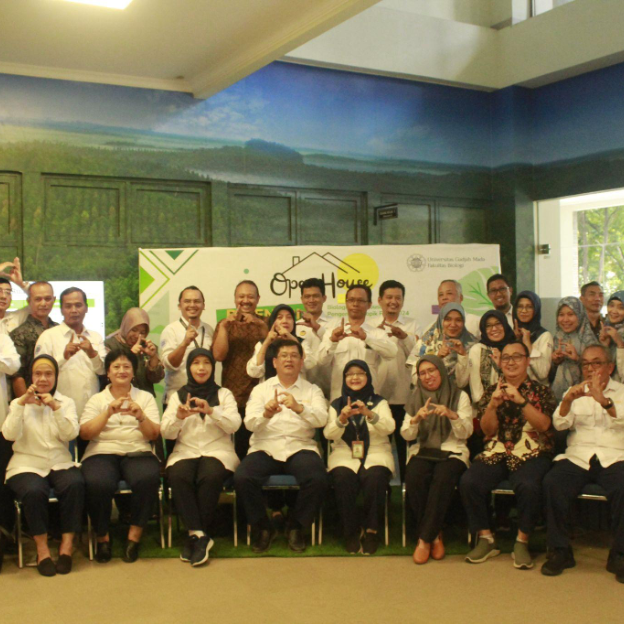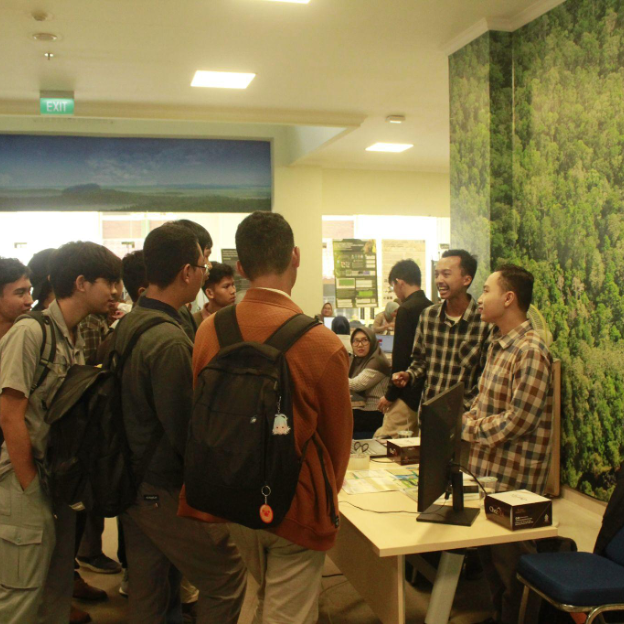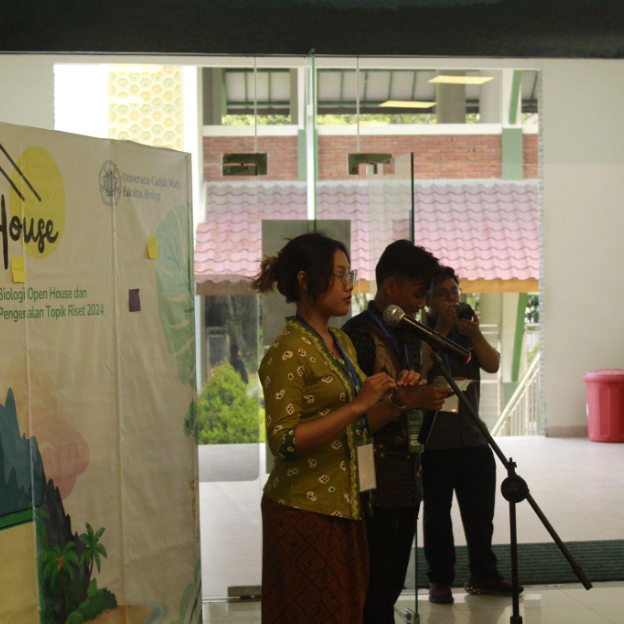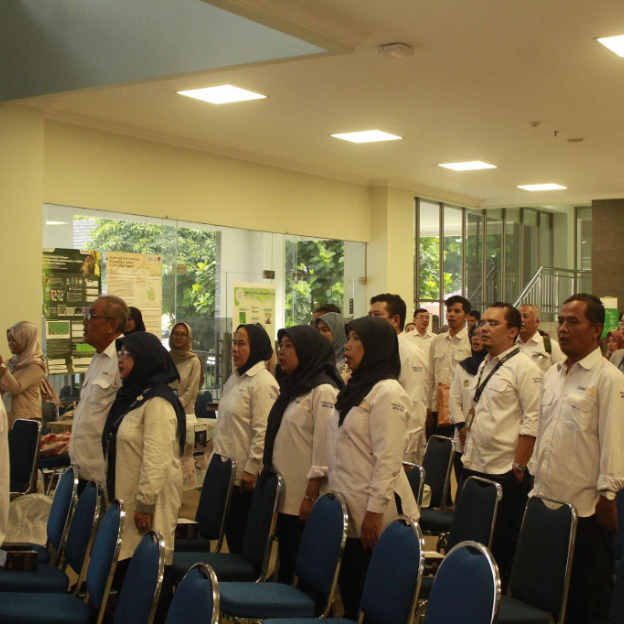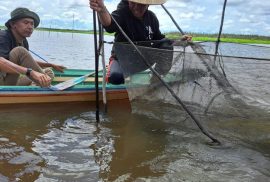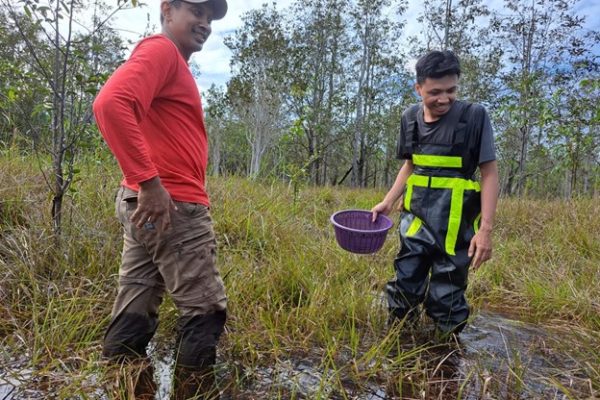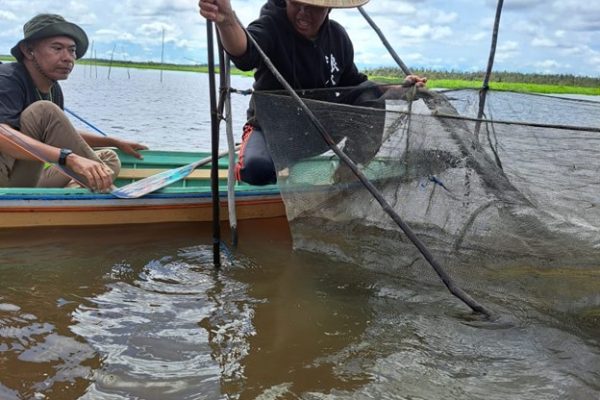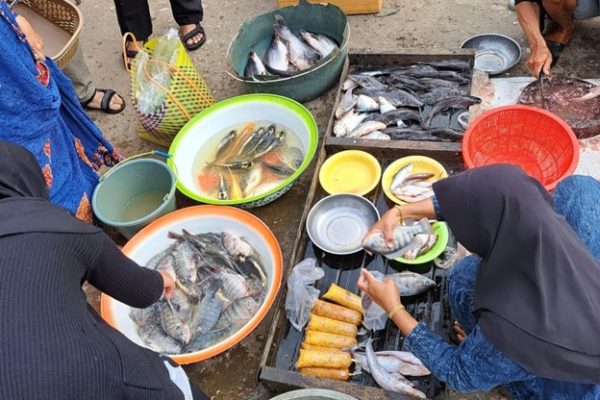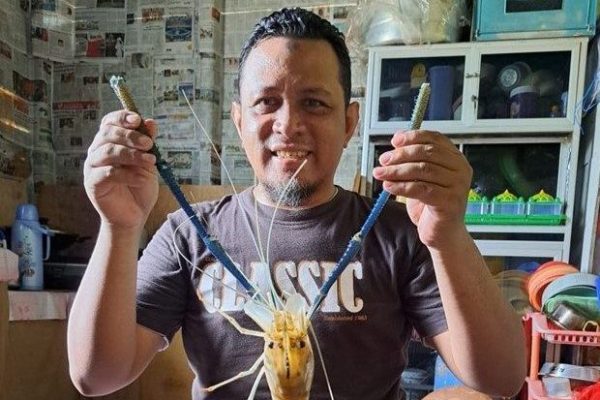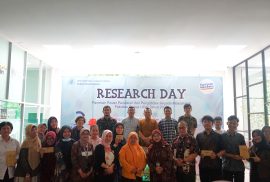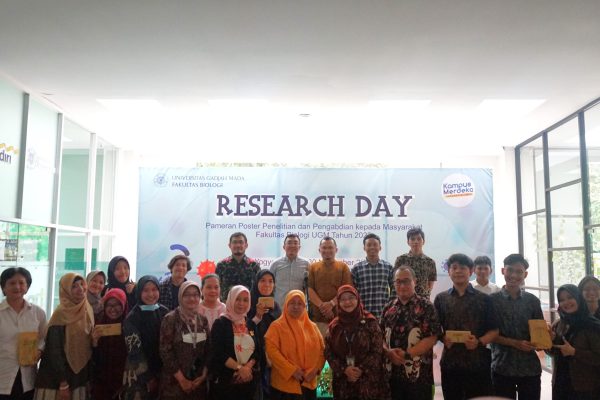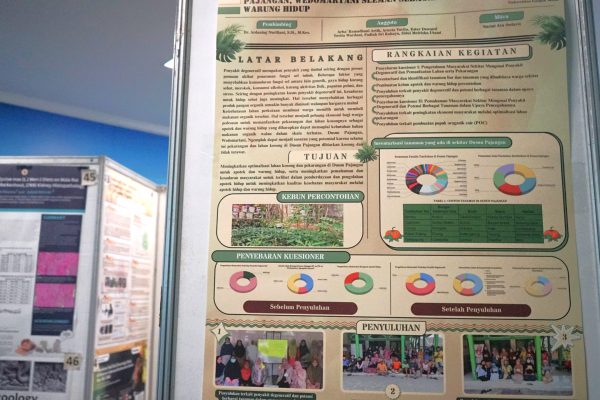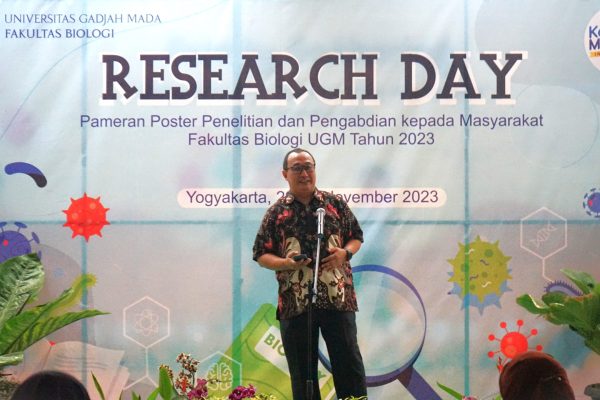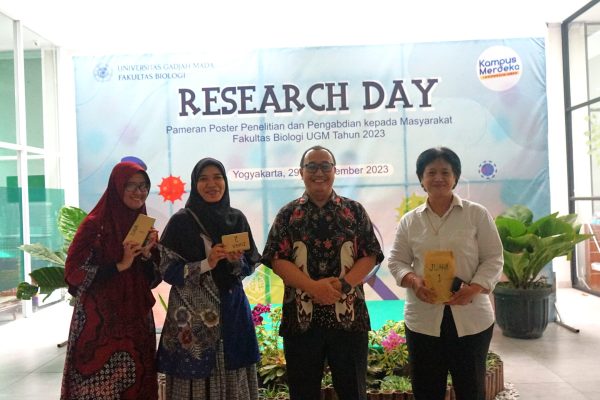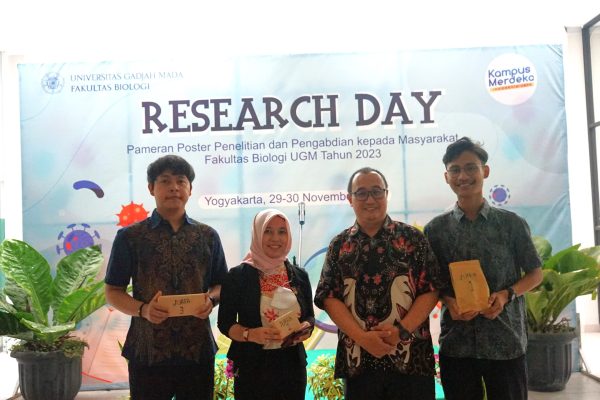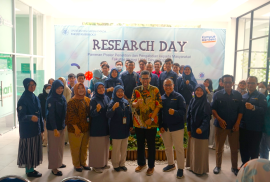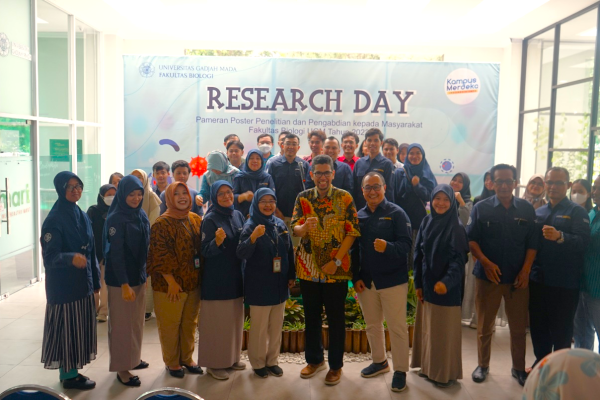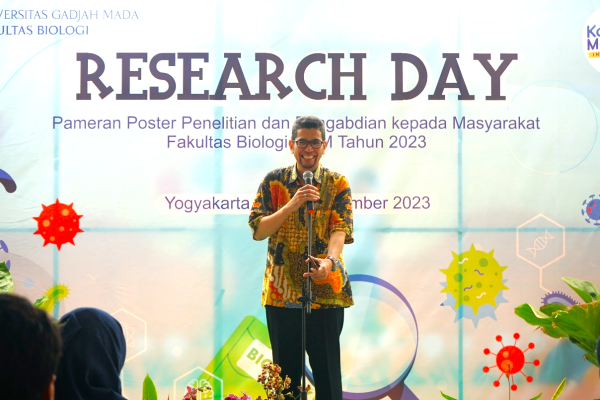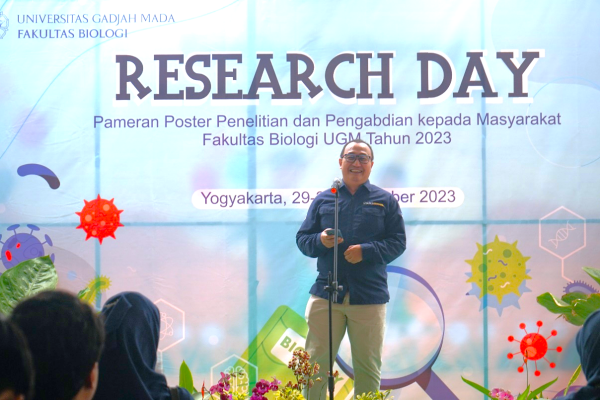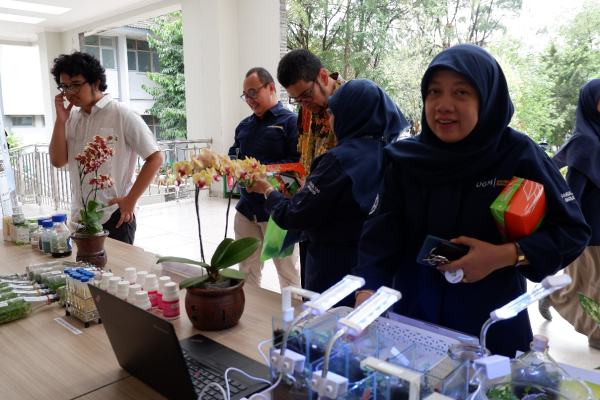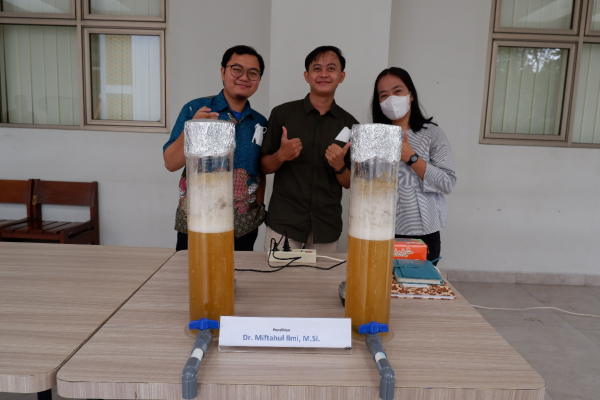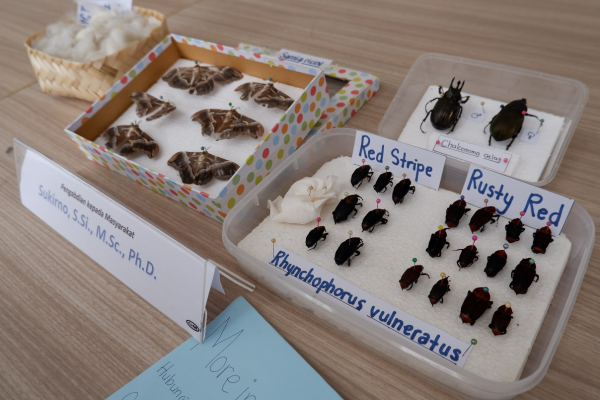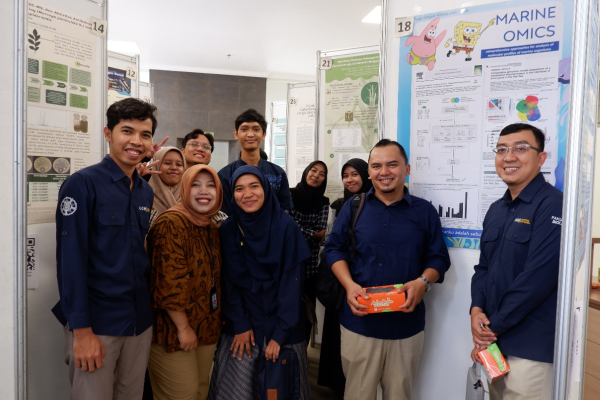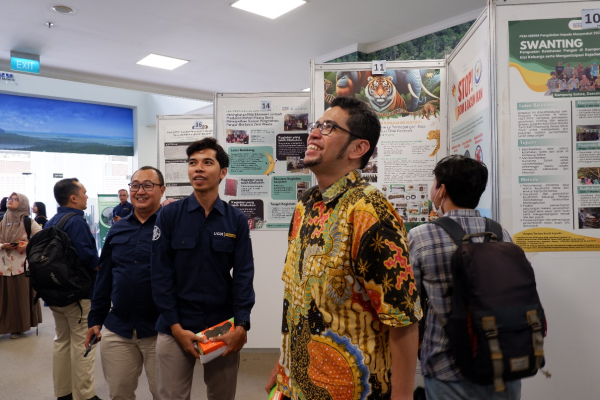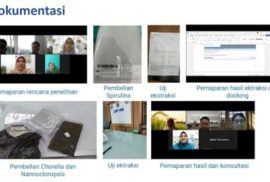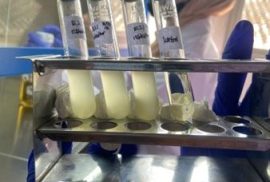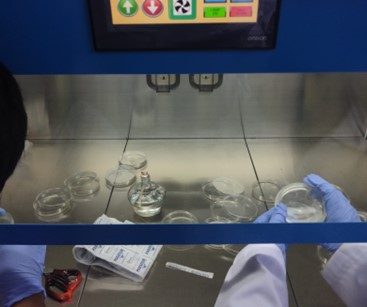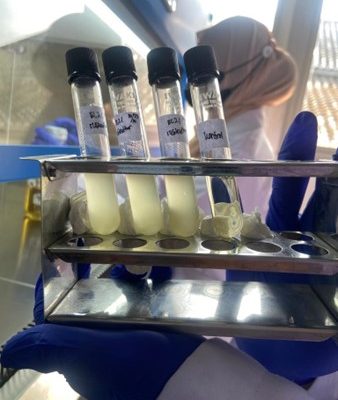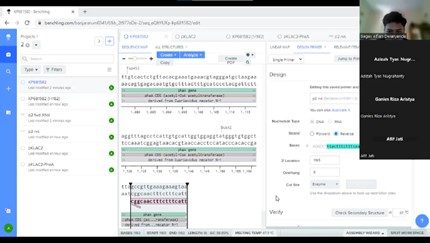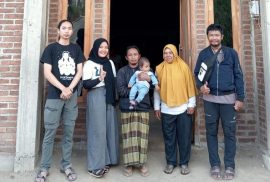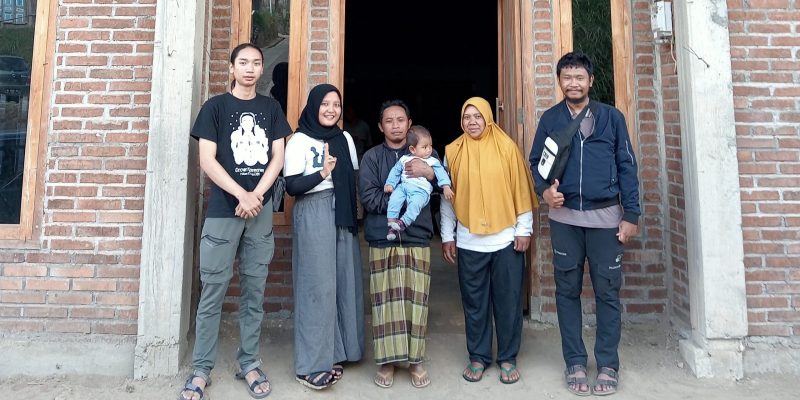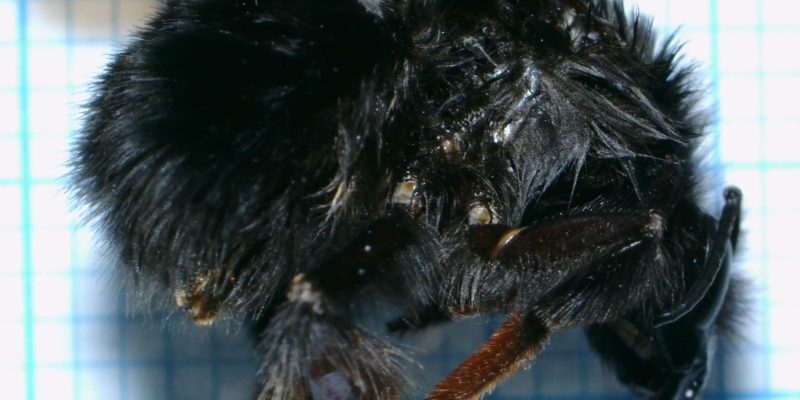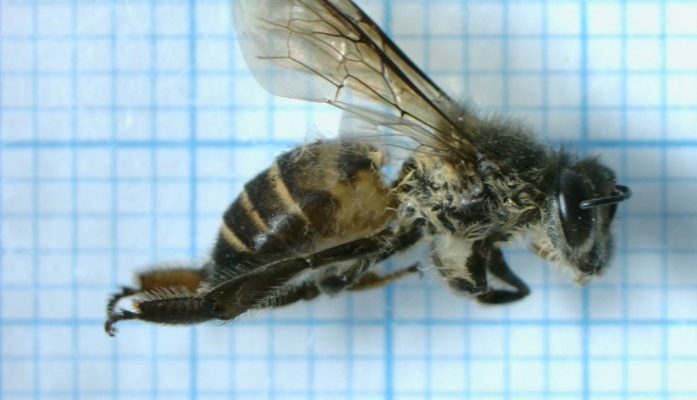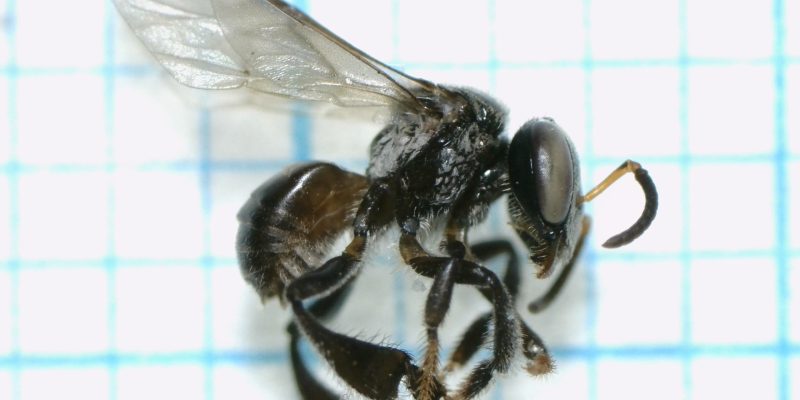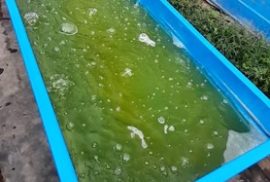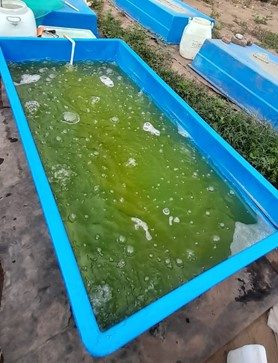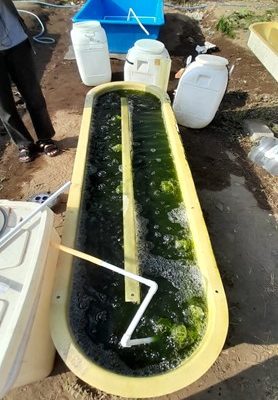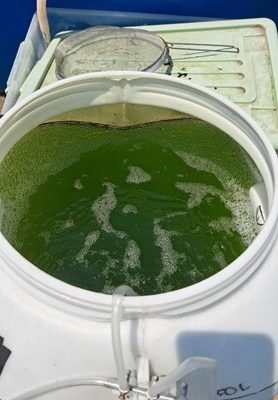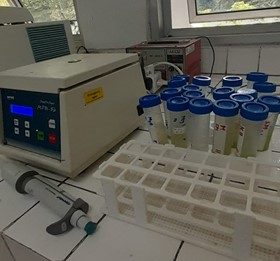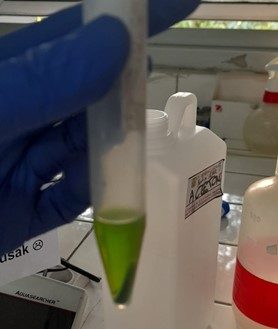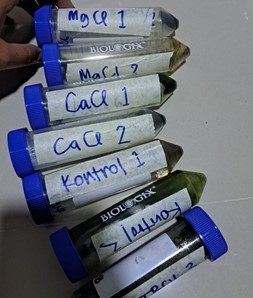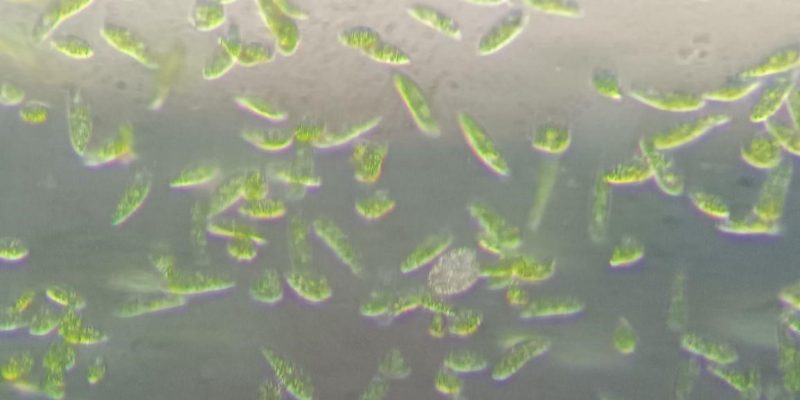On Thursday, May 15, 2025, the Community Service Team of the Partner Village Program (Desa Mitra) Wukirsari from the Faculty of Biology, Universitas Gadjah Mada (UGM), has carried out the first activity for this year’s community service. This Desa Mitra community service activity is a continuation of the 2024 program, which was targeted at the women farmer group in Sruni. In 2025, the Desa Mitra program will be implemented at SD Negeri Pusmalang, focusing on 4th-grade students. Coordination and discussions with the school principal regarding permission for this community service activity has begun since March 2025.
In this first activity, the team led by Prof. Rina Sri Kasiamdari, Ph.D. delivered socialization and training related to waste sorting and waste utilization for 24 fourth-grade students. The presentation on waste sorting was delivered by Novita Yustinadiar, S.Si., M.Si., through a session titled “Training on Sorting Organic and Non-Organic Waste”. The students were introduced to the types of waste, the dangers of waste burning, the importance of waste sorting, and an introduction to the concept of a waste bank. The session continued with practice, where the students sorted waste directly into red, yellow, green, and blue bins—donated to SDN Pusmalang—for each respective waste category.
In addition to socialization and training on waste sorting, this community service activity also involved the practice of making flower decorations from unused plastic bag waste demonstrated by Prof. Rina Sri Kasiamdari, Ph.D. Each student tried to make flowers from the materials provided and they showed great enthusiasm during the activity. The agenda continued with door prizes by giving questions related to the material that had been given. This activity, which was also attended by other team members, namely Mrs. Utaminingsih, S.Si., M.Sc., Dr. Wiko Arif Wibowo, S.Si., Dr. Siti Nurbaiti, and Dr. Aprilia Sufi Subiastuti, S.Si., also donated waste bins and compost bags for organic waste to the school. Documentation with students, principals, and homeroom teachers closed the activities.
This education is expected to further improve students’ knowledge and skills and increase their concern for the environment. Not only by properly and orderly disposing of waste, but also by reusing waste materials for other purposes, such as creating useful decorations. Furthermore, through the collaboration initiated by the Desa Mitra Wukirsari team from the Faculty of Biology UGM with the Bumi Sembada waste bank, more partners can be engaged in the school’s waste donation program. This collaboration helps improve both the economy and the awareness of parents and school members regarding waste sorting. This activity is closely related to many aspects of the Sustainable Development Goals (SDGs), including SDG 4 (Quality Education), SDG 12 (Responsible Consumption and Production), SDG 3 (Good Health and Well-being), SDG 11 (Sustainable Cities and Communities), SDG 6 (Clean Water and Sanitation), SDG 13 (Climate Action), and SDG 15 (Life on Land).

